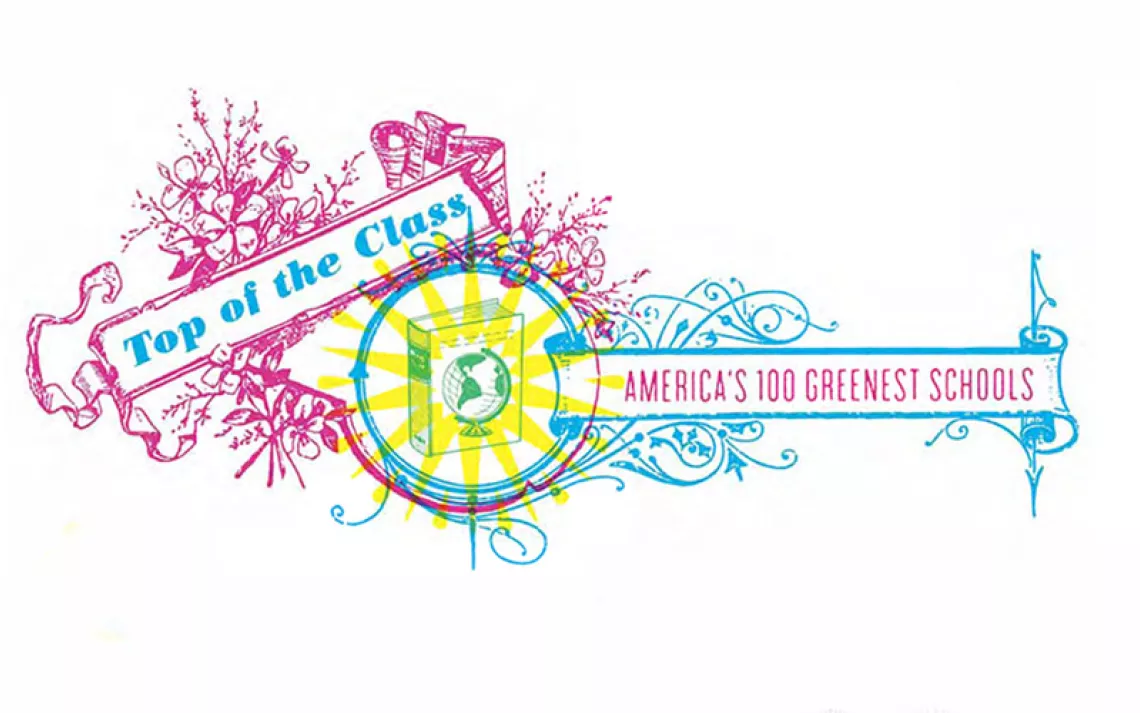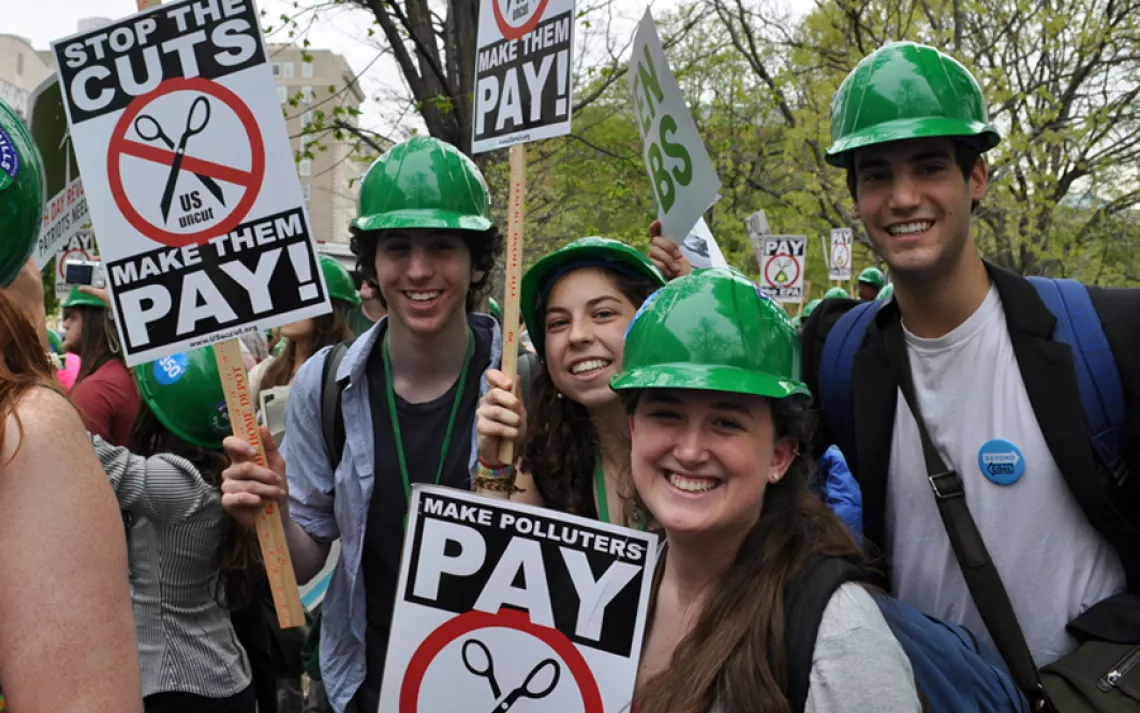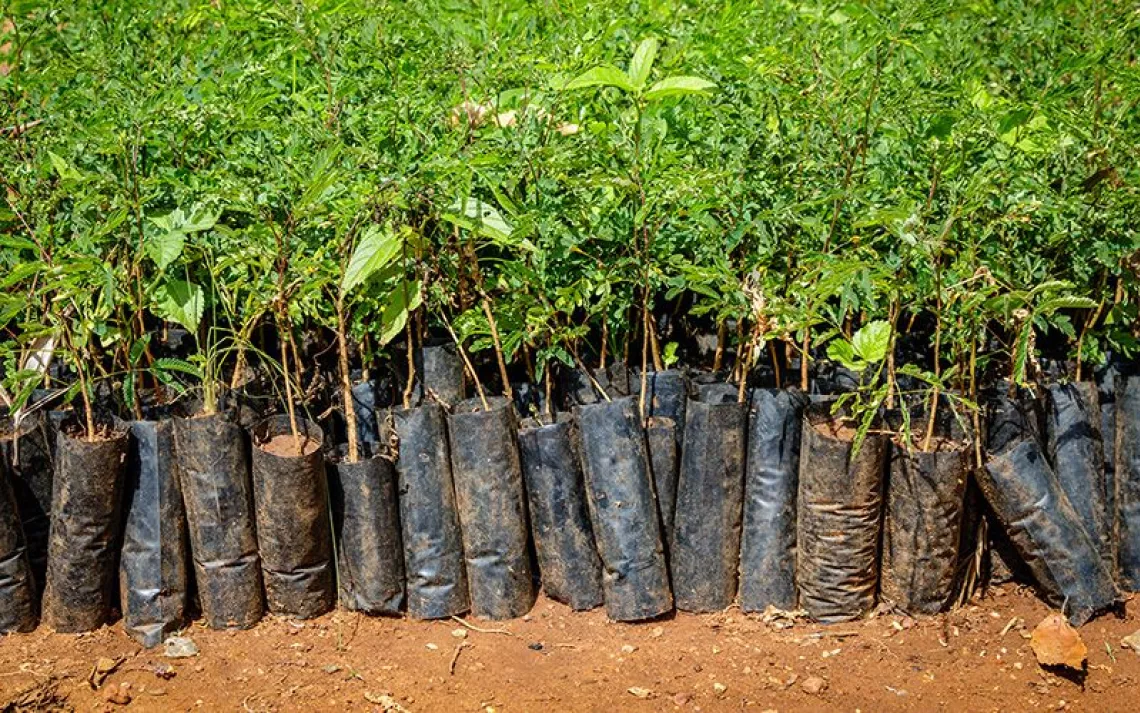Class Acts
It's easy to get discouraged sometimes about the future of the planet. Here are four reasons to stay hopeful.
 Jeff Bennett, class of 2010
Jeff Bennett, class of 2010
Willamette University, Salem, Oregon
"A professor suggested that I put together a wind turbine on campus and offered a grant to pay for it. I found some open-source material on turbines, but I struggled at first because the information wasn't complete. So my project partner, Albert Wright [right], and I did a lot of experimenting. We decided to overengineer the generator—that is, make it stronger than necessary. I hand-carved the blades using the instructions from a book, then made modifications. We did this outside regular classes, for no credit. It was a labor of love."
 Bethany Pratt, class of 2010
Bethany Pratt, class of 2010
Centre College, Danville, Kentucky
"I helped start an organic garden on campus with the goal of providing our dining service with fresh, local, organic produce. It was an extension of my environmental education. We're celebrating Kentucky's farming tradition as well as showing the entire college the benefits of eating locally. Our hope is that if students take pride in their garden and food, it will encourage them to continue the habit—and that future volunteers will expand the garden and crop variety to support a large portion of the dining service's needs."
 Christina Aalto, class of 2011
Christina Aalto, class of 2011
University of Colorado, Boulder
"I began working on energy-efficiency issues after I took a course that introduced me to the need for change in that area in the residential rental market. There's no financial incentive for landlords or tenants to invest in efficiency.
I helped start a program that sends teams of students to dwellings with interested tenants. The students give out compact fluorescent lightbulbs, low-flow showerheads, weather stripping, and educational material. I've gotten a lot of real-life experience dealing with barriers to change in energy policy."
 Hannah McHardy, class of 2010
Hannah McHardy, class of 2010
Sterling College, Craftsbury Common, Vermont
"The inactive asbestos mine on Belvidere Mountain in Vermont sparked my interest when government agencies began investigating the impacts of its colossal piles of tailings. For my senior project, I researched the mine's economic, environmental, social, and health impacts on the local community. I explored how the 30 million tons of asbestos tailings could be cleaned up. A professor and I have been researching native fungal species that break down the asbestos. Our hope is to render it nontoxic."
 The Magazine of The Sierra Club
The Magazine of The Sierra Club



